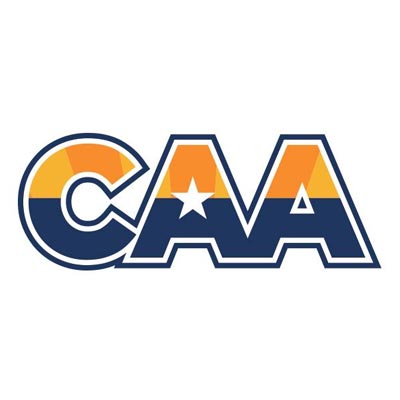The state-funded Legislative Analyst’s Office says corporate and sales tax revenue estimates are down, suggesting poor overall economic health.
The LAO reported these losses are more than made up for by stock market growth, but warned “several hallmarks of prior unsustainable stock market booms appear present today” and that lawmakers should “not equate revenues and the economy.”
The LAO estimated personal income tax revenues will come in $5.8 billion higher than the governor’s initial projections for both the 2024-2025 and 2025-2026 fiscal years.
But the office also estimated corporate taxes will come in $1 billion lower than expected for the 2024-2025 fiscal year and $3 billion lower than expected for 2025-2026 fiscal year. Sales taxes estimates also are trending downward, with revenues estimated to be $400 million lower than expected for both the 2024-2025 and 2025-2026 fiscal years.
Combined, this data suggests the broader state economy is not doing as well as expected, with relatively weak overall corporate and consumer health papered over by tax growth from the owners of high-performing assets.
“Surging income tax collections do not seem to be tied to a clear improvement in the state’s economy. Both the job market and taxable consumer spending remain stagnant. Instead, the surge appears linked to the strength of the stock market,” wrote the LAO. “The S&P 500, for example, has grown over 50 percent in the last two years. This has boosted the earnings of high-income Californians and, in turn, income tax collections.”
The LAO suggested caution with regards to reliance on stock-driven state revenue, noting the market’s current position could be unsustainable.
“Whether the stock market surge is sustainable is impossible to say, but several hallmarks of prior unsustainable stock market booms appear present today. The boom seems to be driven by a narrative, in this case optimism about advances in artificial intelligence, that has a basis in truth, but also a potential for overreaction,” continued the LAO. “Measures of how ‘expensive’ stocks are have reached historically high levels. And investors are going into increasing amounts of debt to buy stocks.”
The LAO said even if dynamics are unsustainable, a negative change in the market may not come for some time.
“Even if a reversal is on the horizon, it may not come for some time. Similar observations could have been made in 1998, but the stock market and the state continued to experience a boom for two more years,” said the LAO. “A similar dynamic is possible today.”
In an earlier report, the LAO said that the state’s stock market tax revenue has overwhelmingly come from a single company, Nvidia — which means Nvidia losses could have an outsized impact on state finances.
“Current stock prices relative to companies’ past earnings (a common measure of how “expensive” stocks are) are at levels rivaled only by the transitory booms of 1999 and 2021,” wrote the LAO. “Furthermore, a single company (Nvidia) accounts for about one‑third of the total gains in the S&P 500 stock index over the last year.”
In an additional report to state lawmakers and officials titled “Five Guidelines for Using Revenue Forecasts,” the LAO further warned about conflating revenue with the state of the economy, citing the state extremely high unemployment in the 2020-2021 fiscal year amid massive revenue growth, and slow revenue growth in the 2016-2017 fiscal year amid strong employment growth.
“Do not equate revenues and the economy,” warned the LAO. “Revenues are shaped by many factors, such as financial market conditions, the state’s tax structure and taxpayer behavior, that often have a tenuous connection to the broader economy. As a result, revenue trends can diverge considerably from trends in the state’s economy.”







